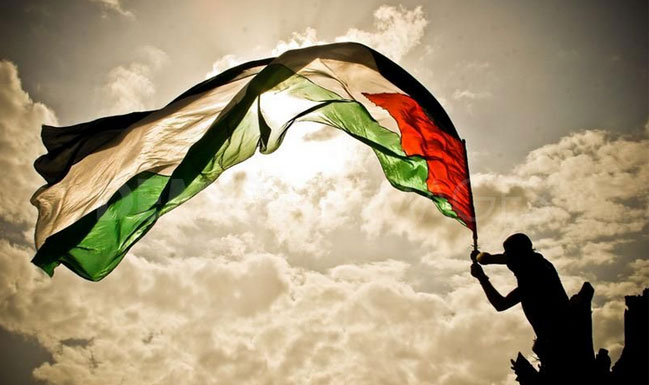The Palestinian Economy Minister has resigned. The economy itself is reaching yet another crisis point, ostensibly because Israel has withheld nearly US$ 0.5 billion in excise taxes that it collected on behalf of Ramallah.
Read whatever report you want on the Palestinian economy, and the picture is desperate; high unemployment (especially amongst the young), zero or negative growth, minimal water reserves in Gaza, and more. The international community believes that Israel can and must do more to help.
Understandable, but what I do not understand is who is paying for all the heavy duty equipment being smuggled into Gaza? This must be worth millions.
This is no isolated headline story referring to large sums covered up. Let us recall those tunnels that Israel destroyed in the war last year. Well, apparently many new ones are being dug, on towards the borders with both Israel and Egypt, and funded by Iranian petro dollars. Interestingly, construction methods have altered to allow for the use of cement and wood.
Thus, it is imperative to consider. Can you imagine the benefits to the local population if the Hamas government ever preferred to invest in its own people rather than killing Israelis?
Actually, a similar statement can be made of the BDS movement, an international campaign designed to boycott Israel, just as the Nazis banned associations with Jews. To date, the financial credit profile of Israel has remained unharmed. However, according to Kristin Lindow, senior vice president at Moody’s Investors Service and Moody’s lead analyst “the sanctions do run the risk of hurting the Palestinian economy, which is much smaller and poorer than that of Israel…”
It is very clear why the Palestinians need these frozen sums to be released immediately by Israel. Whether in the West Bank or in Gaza, they have refused to set up a formal system to collect taxes. And historically, for all the grand promises, Arab governments do not deliver on their promises to send aid…except for the rulers of Qatar and Iran.
So that leaves the excise taxes, which Palestinians claim make up 70% of revenues – shall we say, declared revenues – of the Palestinian Exchequer. And that assumedly is why many Palestinian civil servants, the largest employer in the economy – are not being paid properly.
Only here comes another misfit. A full month before Israel began to withhold the funds, Gaza’s public sector declared a strike, as the workers were not being paid. In other words, I have to ask if President Abbas is fiddling his books merely in order to make Israel look bad? After all, he has been prepared to reject Israel’s compromise solution, which will transfer about half of the money to Ramallah. (The rest will pay off Palestinian debts to Israeli statutory authorities).
It appears that while the Palestinian coffers may indeed be empty, the prime causes of the situation are not so obvious. Yes, the economy is in a dreadful state. As the IMF declared, having started a war with Israel, Gaza has been pushed into a recession. That said, there does seem to be an awful lot of spare cash floating around, hidden out of view by the higher echelons of Fatah and Hamas in Ramallah and in Gaza.
Did I mention that the Palestinian Economics Minister, Mohammed Mustafa, resigned, as he was disgusted by the endemic corruption he discovered?
http://blogs.timesofisrael.com/why-the-palestinian-treasury-is-empty-4-questions/









